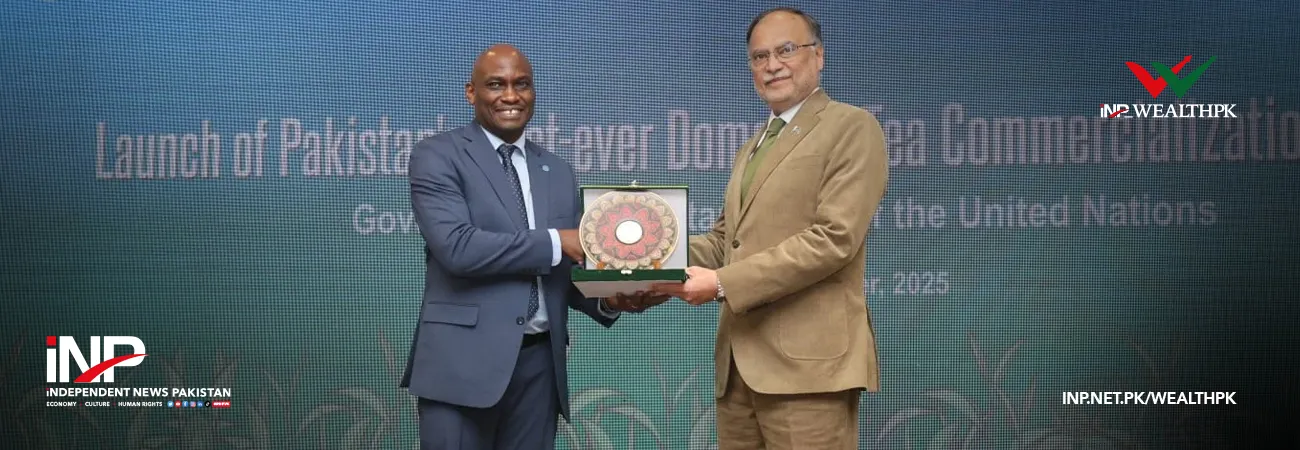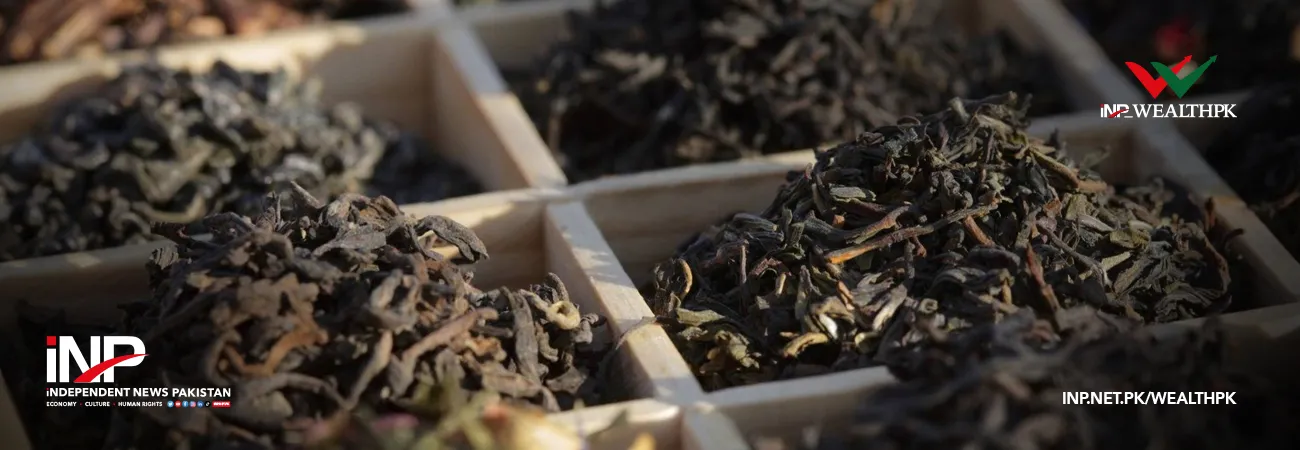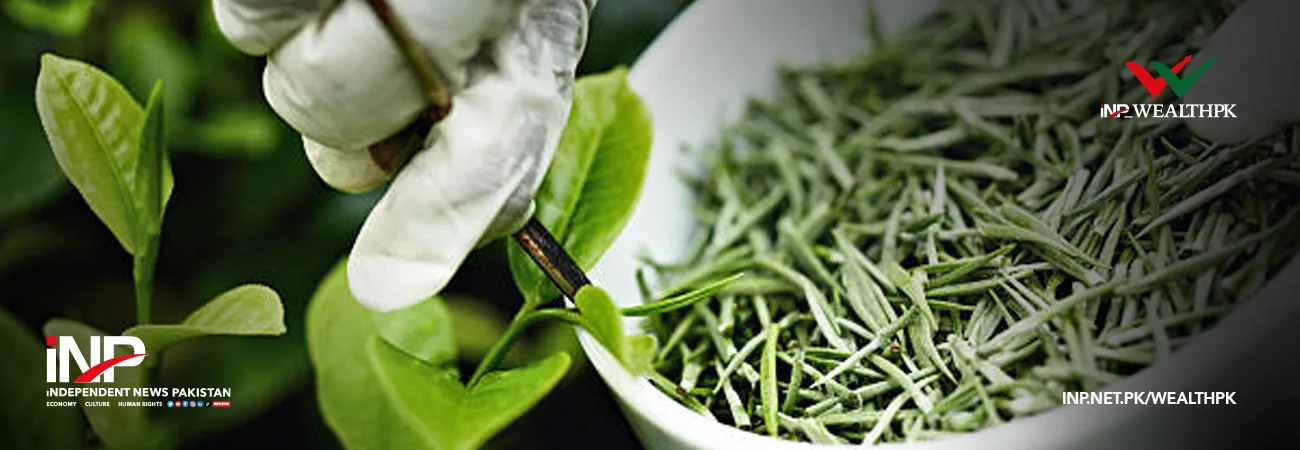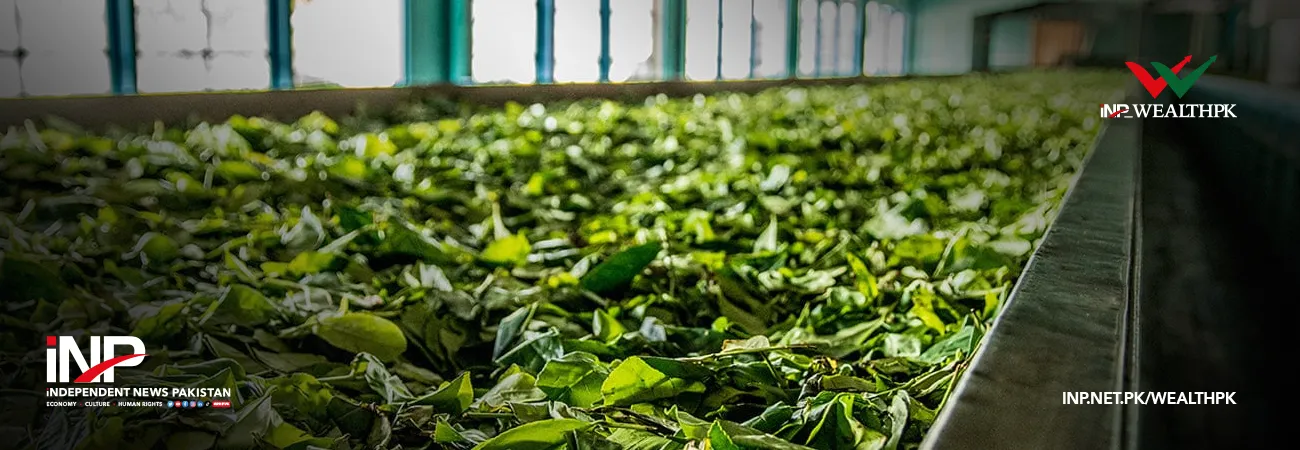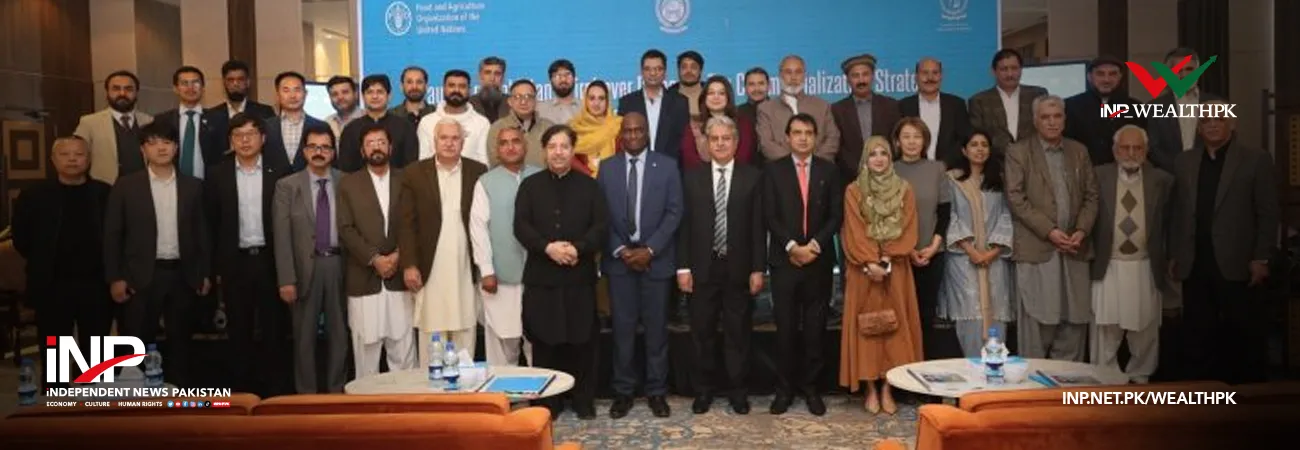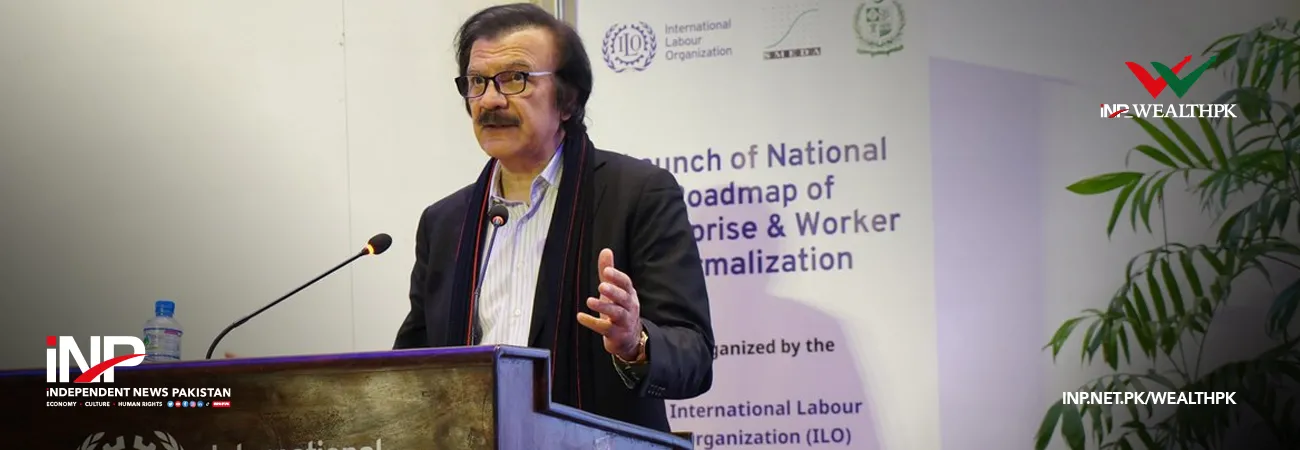INP-WealthPk
Ayesha Saba
As the labor costs rise in the traditional manufacturing hubs like China, Pakistan stands out as a viable alternative for the cost-sensitive investors. By addressing its structural challenges and leveraging its labor and location advantages, the country can solidify its role as a strategic investment base.
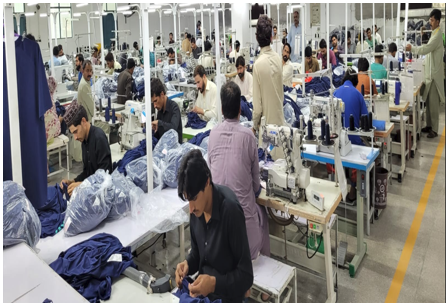
Talking to WealthPK, Liaqat Ali Shah, Executive Director and Head of Policy Division at the CPEC Centre of Excellence, emphasized that Pakistan's low labor costs present an unparalleled opportunity for sectors such as textiles, agriculture, and manufacturing. With minimum wages set lower than many regional peers, Pakistan offers significant cost advantages for the labour-intensive industries, he said. The textile industry, which contributes over 8% to the national GDP and accounts for 60% of exports, has already reaped the benefits of this low-cost structure. He argued that scaling up such industries could further integrate Pakistan into the global value chains, reducing dependence on raw material exports while boosting the processed goods’ production.
He explained that Pakistan, having signed a free trade agreement with China, is actively capitalizing on the opportunities the partnership has offered. One significant way is to encourage Chinese companies to invest in its special economic zones (SEZs), which are specifically designed to attract foreign investment by offering favorable conditions. Additionally, many local businesses in Pakistan are entering into joint ventures with Chinese firms to strengthen economic ties and tap into the advanced technologies and expertise. The development of Gwadar Port, combined with the road and rail projects under the CPEC, enhances logistical efficiencies, making Pakistan an ideal hub for the export-driven industries.
"Foreign investors from China, Turkey, and Gulf countries have already started exploring these opportunities," Dr. Liaquat noted. Umar Khayam, Assistant Chief of the Industries & Commerce Section of the Ministry of Planning, Development and Special Initiatives (PD&SI, said the labour force in developed countries is 10 times more productive than that of the developing nations due to greater access to opportunities and advanced technologies that enhance skills and efficiency. Pakistan can capitalize on its natural resources and affordable labor to attract the Chinese industries looking to relocate.
By encouraging the relocation of light manufacturing from China, where rising costs have reduced its competitive edge, Pakistan can initiate industrialization and drive structural transformation in its economy. However, relying on cheap labor alone limits the country’s potential to compete in the global economy. To truly grow and thrive, Pakistan must move beyond this model and invest in creating a skilled workforce equipped with modern, high-demand skills. By investing in human capital, Pakistan can move toward a future of innovation and competitiveness. With a focus on modern skills and supportive policies, the country cannot only create better jobs for its people but also attract international investment and establish itself as a leader in the global digital economy, he said.
Credit: INP-WealthPk




